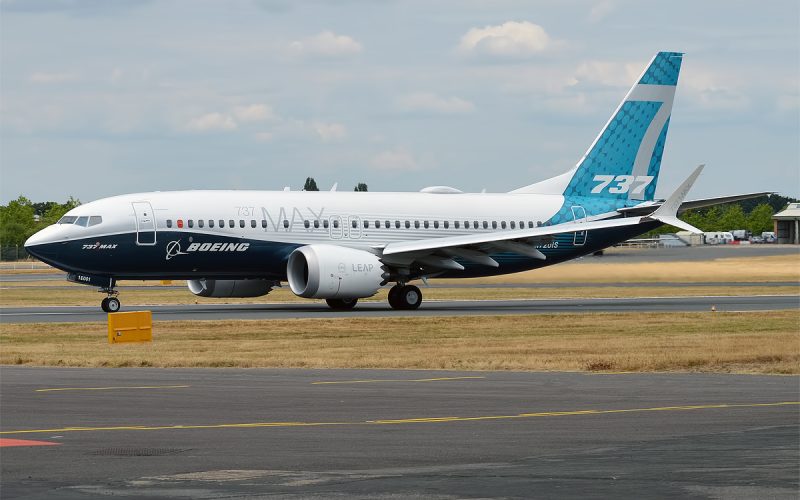Boeing factory workers have voted to reject the company’s latest contract offer and will continue a six-week strike, halting production of Boeing’s bestselling jetliners.
The revised contract offer included pay raises of 35% over four years, up from a previous offer of 25%. The union had initially demanded 40% pay raises over three years.
Driving the news: One of the key issues leading to the rejection of the contract was Boeing’s refusal to reinstate a traditional pension plan that was eliminated a decade ago.
- The strike comes at a difficult time for Boeing, which faced federal investigations after an incident involving a 737 Max plane earlier in the year and reported a loss of over $6 billion in the third quarter.
- Union machinists who assemble Boeing’s aircraft in Washington state are currently on strike, affecting the production of popular aircraft like the 737 Max, 777, and 767 cargo planes.
- Boeing’s CEO warned of potential layoffs affecting about 10% of the company’s worldwide workforce if the strike persists, along with delaying the rollout of the new 777X plane and discontinuing the cargo version of the 767 jet.
Flashback: The last strike by Boeing workers in 2008 lasted eight weeks and cost the company approximately $100 million daily in deferred revenue, highlighting the significant impact of labor disputes on the aerospace company.










